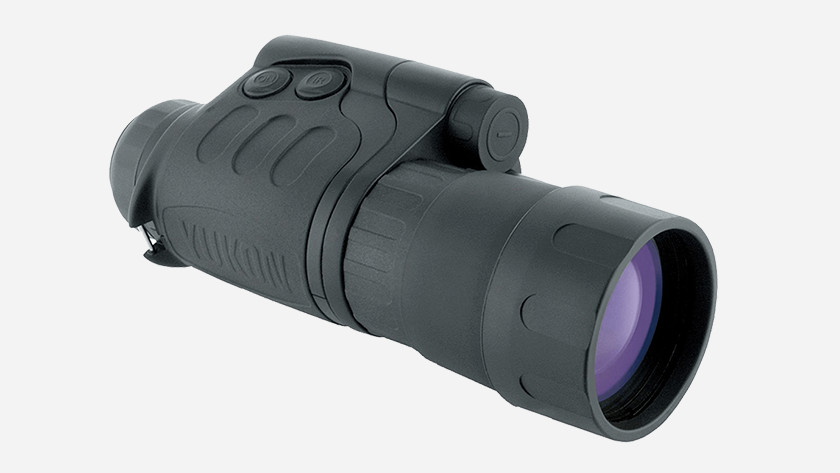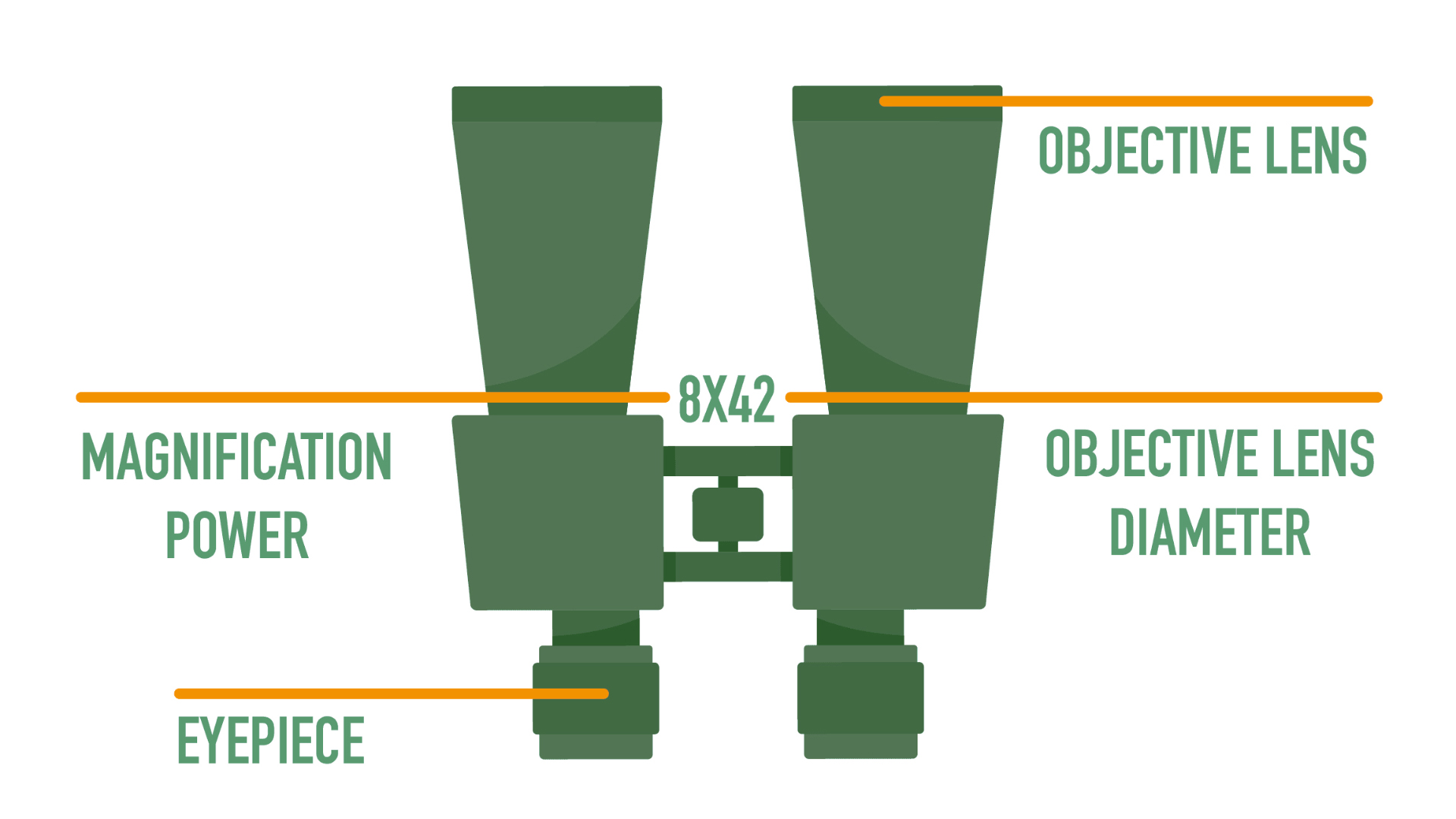A Total Guide to Comprehending Binoculars Magnification and Clarity
A Total Guide to Comprehending Binoculars Magnification and Clarity
Blog Article
The Importance of Field Glasses in Education And Learning and Scientific Study: How These Optical Instruments Contribute to Understanding and Exploration
The integration of field glasses into instructional setups and clinical study is typically ignored, yet their contribution to enhancing observational skills is significant. These tools connect the gap in between academic concepts and practical application, enabling pupils and scientists alike to involve with their environments in a substantial way. In techniques varying from environmental science to astronomy, binoculars act as crucial tools that advertise query and crucial thinking. The more comprehensive ramifications of these optical tools on learning outcomes and clinical exploration warrant further evaluation, especially as we consider their possible in shaping future clinical ventures.
Enhancing Observational Abilities
In instructional and study settings, the usage of field glasses considerably enhances observational skills amongst students and practitioners alike. These optical tools facilitate a much deeper understanding of remote topics, enabling customers to observe details that would or else continue to be unseen. By using field glasses, learners can check out wild animals, expensive sensations, and geological formations, promoting a more extensive connection to the subject issue.
Binoculars act as essential tools in area research studies, encouraging trainees to engage actively with their atmosphere. Through improved observation, they can gather information better, bring about boosted logical skills. This hands-on experience enables the growth of essential reasoning, as pupils must translate what they see and connect it to academic knowledge.

Bridging Theory and Method
Empirical abilities developed through using binoculars normally lead to a more extensive integration of academic knowledge with useful application. By participating in straight observation, learners can transform abstract ideas into substantial experiences. This harmony promotes a deeper understanding of scientific principles as trainees link academic structures with real-world sensations.
For circumstances, when examining avian biology, trainees can use their knowledge of bird makeup and actions with the lens of field glasses, observing qualities such as plumage variant, feeding behaviors, and migratory patterns. This straight engagement not only enhances academic principles yet likewise grows important thinking and analytical skills.
Moreover, making use of field glasses motivates learners to create hypotheses based upon their observations, thereby enhancing their scientific query abilities. They can proactively check these hypotheses in the area, resulting in an extra experiential discovering atmosphere that promotes inquisitiveness and expedition.
Essentially, binoculars work as a crucial tool in bridging the void between classroom knowing and fieldwork - Binoculars. They equip pupils to become active participants in their education, motivating an all natural technique to recognizing the environment and its complexities. Therefore, the combination of concept and practice is critical for cultivating informed and involved students
Applications in Environmental Science
Using binoculars in ecological science boosts the capacity to observe and analyze ecological communities with better precision. These optical tools are necessary for carrying out field studies, making it possible for scientists to keep track of wildlife populations, analyze plant health, and assess habitat problems without interrupting the natural surroundings. Binoculars assist in the recognition of types at numerous ranges, allowing researchers to collect crucial data on biodiversity and habits.
In environmental study, binoculars are crucial tools for ornithologists researching bird habits and movement patterns. They make it possible for scientists to tape monitorings over extended periods, adding to valuable longitudinal studies - Binoculars. Furthermore, binoculars play a crucial role in habitat assessments, as they enable for the comprehensive observation of plant communities and their communications within communities
Ecological instructors likewise take advantage of field glasses, as these tools boost experiential discovering opportunities. Students can engage directly with their from this source environments, cultivating a deeper admiration for eco-friendly systems. By including binoculars into academic programs, instructors can influence the future generation of environmental scientists.
Function in Astronomy Education And Learning
Using field glasses in astronomy education gives an easily accessible portal for students and fanatics to discover holy phenomena (Binoculars). Unlike large telescopes, binoculars are portable, user-friendly, and fairly inexpensive, making them a perfect introductory device for observing the night sky. Pupils can conveniently engage with the universes, fostering a hands-on understanding experience that enhances their understanding of huge concepts
Binoculars allow users to observe a selection of holy objects, consisting of the Moon, earths, Continue and star clusters. Significantly, binoculars offer as a bridge to more complex expensive tools, offering fundamental experiences that can trigger deeper interest in the field.
In instructional setups, guided binocular sessions can advertise team partnership and discussion, enhancing the learning experience. The common experience of observing celestial objects can grow a feeling of area among students. On the whole, field glasses play an essential role in demystifying astronomy, making it friendly and engaging for individuals in all degrees of education and learning.

Inspiring Interest and Inquiry
Binoculars not just facilitate the observation of celestial sensations yet likewise spark a sense of inquisitiveness and query amongst pupils. By providing a closer consider distant objects, binoculars urge students to ask concerns and explore the atmosphere around them. This tool changes easy knowing right into an energetic, engaging experience, promoting a much deeper understanding of clinical concepts.
When pupils use field that site glasses to observe wild animals, landscapes, or astronomical things, they establish empirical abilities that are essential for clinical inquiry. The act of concentrating on certain details prompts them to formulate theories, perform investigations, and attract verdicts based upon their observations. This process not just enhances their crucial thinking capacities however additionally supports a lifelong passion for exploration.
Furthermore, binoculars can bridge the gap in between academic expertise and real-world application. Ultimately, the usage of binoculars in instructional setups offers as a stimulant for interest, empowering pupils to seek expertise with excitement and fostering a feeling of wonder concerning the world around them.
Conclusion
In recap, field glasses work as important devices in education and clinical research study, significantly boosting observational skills while linking the space in between theoretical expertise and useful application. Their varied applications in fields such as environmental science and astronomy underscore their significance in cultivating interest and questions among pupils. By helping with thorough evaluations of remote subjects, field glasses not only influence the following generation of scientists however additionally cultivate a profound admiration for expedition and the scientific method.
Report this page